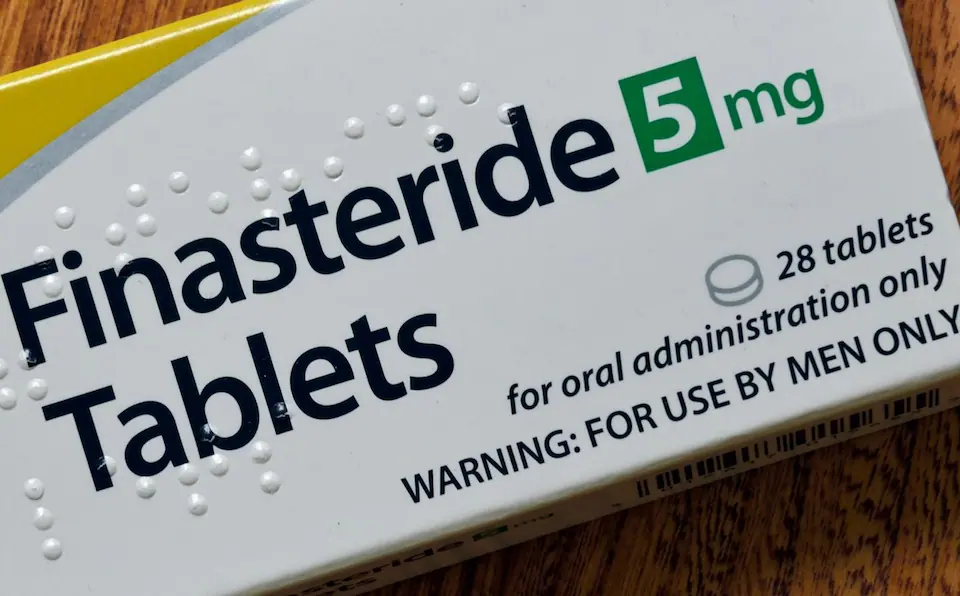Men using a widely prescribed hair-loss medication have received a cautionary advisory regarding its potential severe sexual and psychiatric side effects from the Medicines and Healthcare products Regulatory Agency (MHRA), the drug regulator.
The MHRA emphasized that men should be mindful of the association between finasteride and depression, suicidal behavior, and persistent sexual dysfunction, extending beyond the treatment period.
In response to these concerns, suppliers of finasteride have been directed by the MHRA to include a patient alert card in the drug’s packaging to enhance awareness of these risks.
Finasteride, marketed under the brand names Proscar and Propecia, serves as a remedy for benign enlarged prostate and male pattern baldness, although it’s exclusively available on the NHS for the former indication.
The drug functions by inhibiting the conversion of testosterone into dihydrotestosterone (DHT), a hormone linked to prostate enlargement and hair loss.
Benign prostate enlargement is prevalent among men aged over 50, affecting up to three million individuals, with symptoms such as frequent urination often indicating the need for treatment.
Earlier this year, King Charles underwent surgery for a benign enlarged prostate after a separate cancer diagnosis. Whether he has ever used finasteride remains undisclosed.
While mood disorders and sexual dysfunction have previously been associated with finasteride use, the MHRA’s intervention follows a thorough safety review of the drug.
The MHRA reported receiving 281 reports through its Yellow Card scheme, indicating depressed mood disorders, suicidal tendencies, or self-harm behaviors, along with 426 reports of sexual dysfunction linked to finasteride use.
An expert panel scrutinized all available evidence, encompassing patient accounts of declining mental health and sexual dysfunction, such as diminished libido and erectile difficulties. The panel noted instances where sexual function did not recover even after discontinuing the medication.
Dr. Alison Cave, Chief Safety Officer at the MHRA, underscored the importance of patients being informed about their medication’s crucial aspects. The newly introduced patient alert cards are intended to equip men using finasteride with awareness regarding potential psychiatric and sexual side effects, facilitating informed decision-making and prompt action in case of adverse effects.
Patients are advised to peruse the accompanying leaflet in the medication package diligently.
The MHRA recommends that patients disclose any history of depression or suicidal thoughts to their healthcare providers before commencing finasteride treatment. If symptoms arise, patients should cease treatment promptly if prescribed for hair loss, or seek urgent medical attention if prescribed for benign prostate enlargement.
Patients experiencing sexual dysfunction are encouraged to discuss their symptoms with a healthcare professional.
Additionally, the MHRA urges patients to share the patient alert card with family and friends, as they may notice mood changes that patients themselves might overlook.
In 2023, approximately 4.2 million NHS prescriptions were issued for finasteride, suggesting a monthly intake of around 350,000 5mg pills for benign prostate enlargement.
The extent of private prescriptions for hair loss treatment remains unknown, although some clinics have reported an uptick. Notably, finasteride is only licensed by the MHRA for hair loss treatment in individuals aged 18 to 41, alongside its approved use for benign prostate enlargement.


